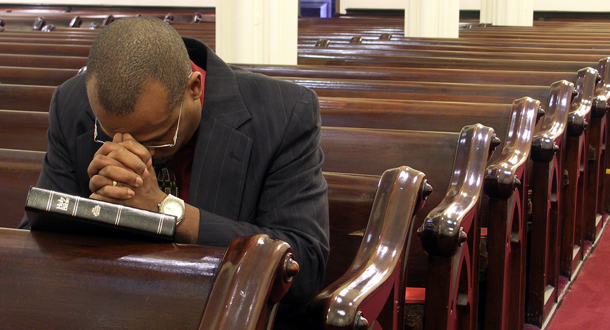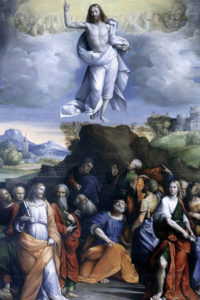 Pentecost Sunday
Pentecost Sunday
Scripture:
Acts 2:1-11
1 Corinthians 12:3b-7, 12-13
John 20:19-23
Reflection:
Happy Pentecost!
One of my favorite paintings is by an artist called Glenda Dietrich. She’s named it, calling it, “Pentecost Dance.”
(here’s a link to her page and the painting)
http://www.glendadietrich.com/brighter-pentecost-dance-web/
I’ve always wondered what the miracle at Pentecost must have been like for the people who were actually there to experience it. I have to admit to some disappointment when the proclamation of the amazing events of Pentecost does little to convey the kind of wonder, awe, excitement, and astounding confusion which certainly must have accompanied such an incredible event. In this painting, the artist depicts the people illuminated and dancing, celebrating.
I’d sure like to know what that miracle feels like.
I wonder if, really, they really understood what was happening and began to dance around? For many of them, I suspect the changes may have felt sudden and even unwanted… a new language, reaching out to the unknown and unwelcome members of foreign communities… essentially turning their lives upside-down. Wow, that must have been incredibly mystifying and difficult to process – to come to terms with changes so immediate, so unexpected yet absolute, and so profoundly unclear.
If you’re anything like me, you’ll admit to being hurt; being changed, surprised at something or someone. A car accident – broken bone – problems in marriage – the death of a parent, sister or brother, your child – the diagnosis of a disease which will never go away, and may probably kill you.
So many things shake up our journey… so many things become enormous earthquakes which destroy the road ahead of us. Let me tell you, friends, I *hate* detours.
Maybe it’s that tragedy which breeds the change needed to uncover the very miracle we long for. Maybe we already *do* know what that miracle feels like…
Dear God who works in uncountable ways,
thank you for the gift of your Holy Spirit with us.
Please, grant us the grace to see Your transformative miracles in everything,
no matter what it is. Amen.
Paul Puccinelli is Director of Liturgy & Music at St. Rita Parish in Sierra Madre, California, and a member of the retreat team at Mater Dolorosa Passionist Retreat Center.

 Scripture:
Scripture: “Lord, you know everything; you know that I love you.
“Lord, you know everything; you know that I love you. Scripture:
Scripture: Scripture:
Scripture: Scripture:
Scripture: Memorial Day
Memorial Day